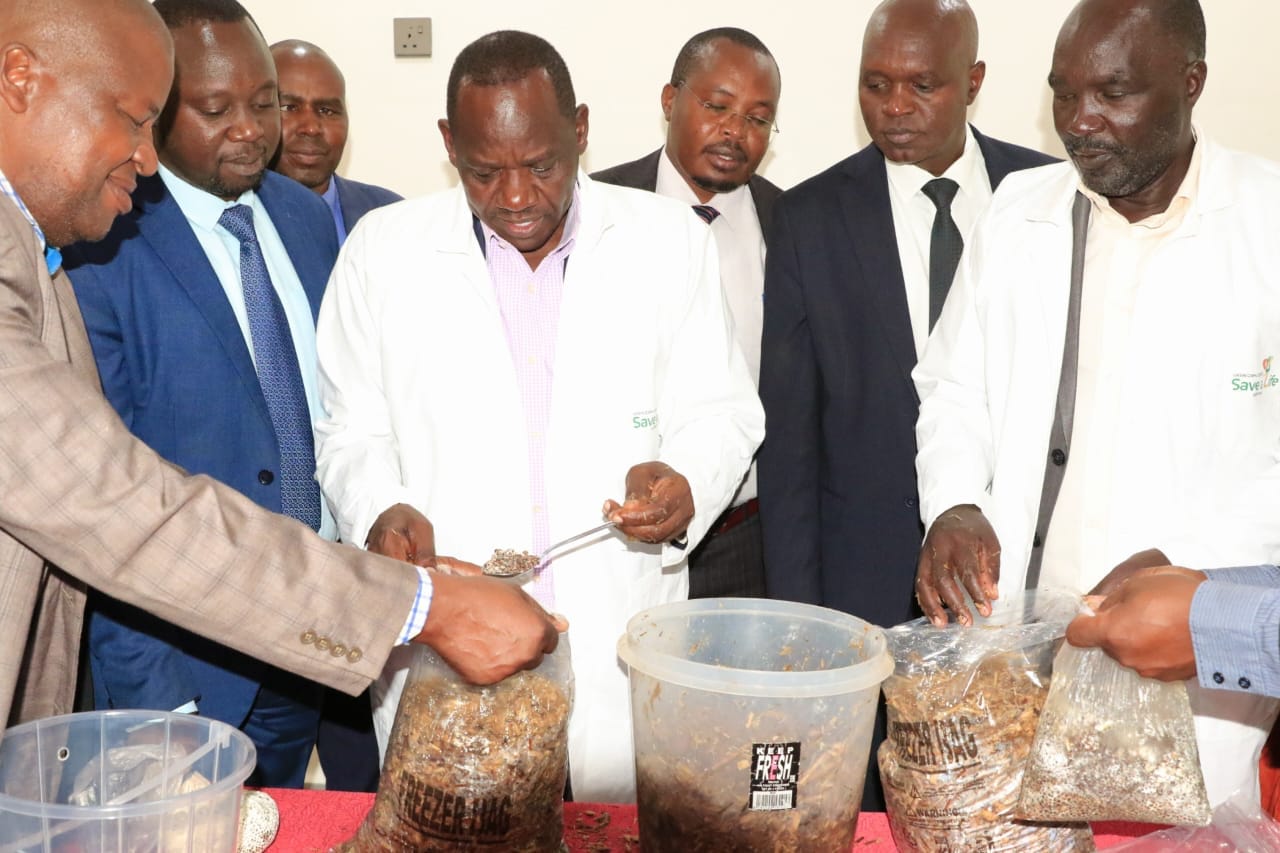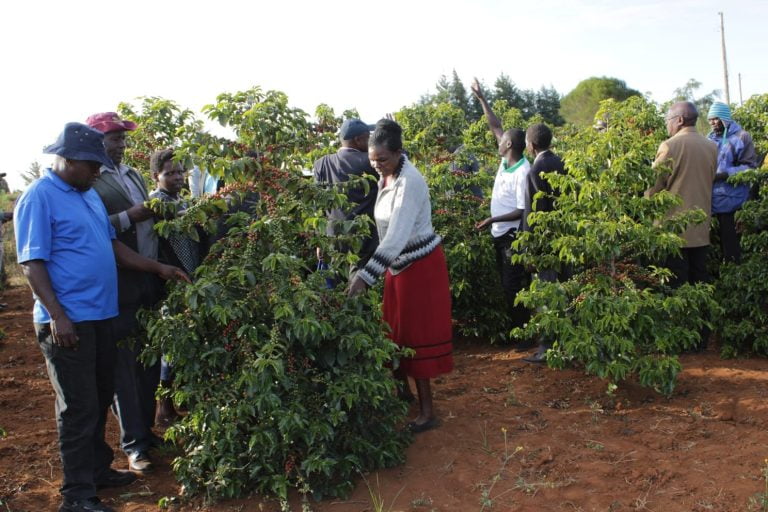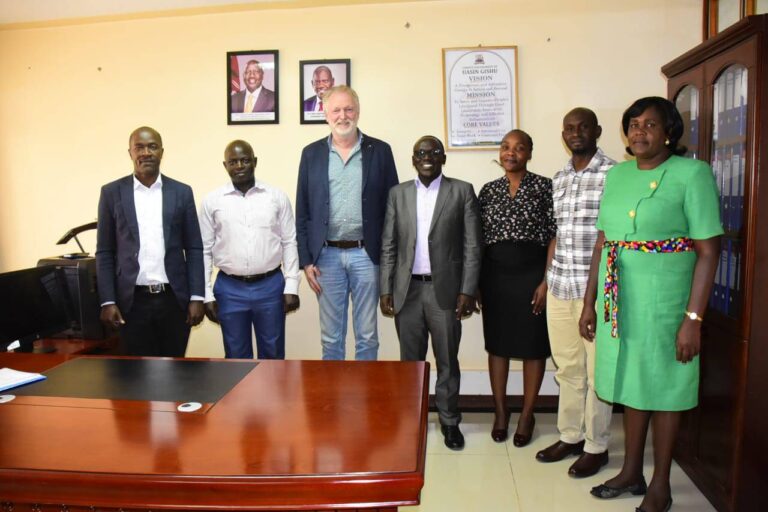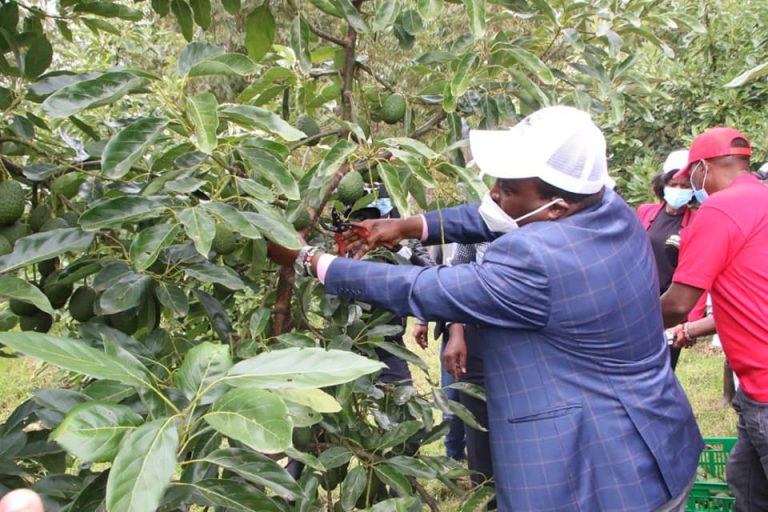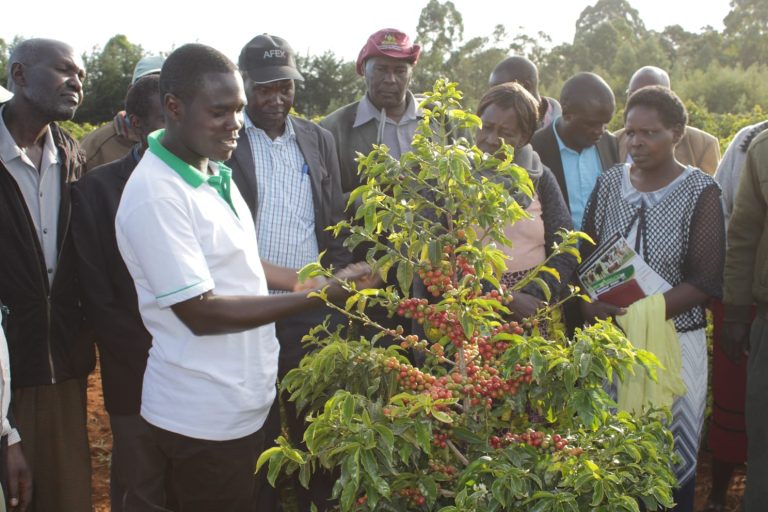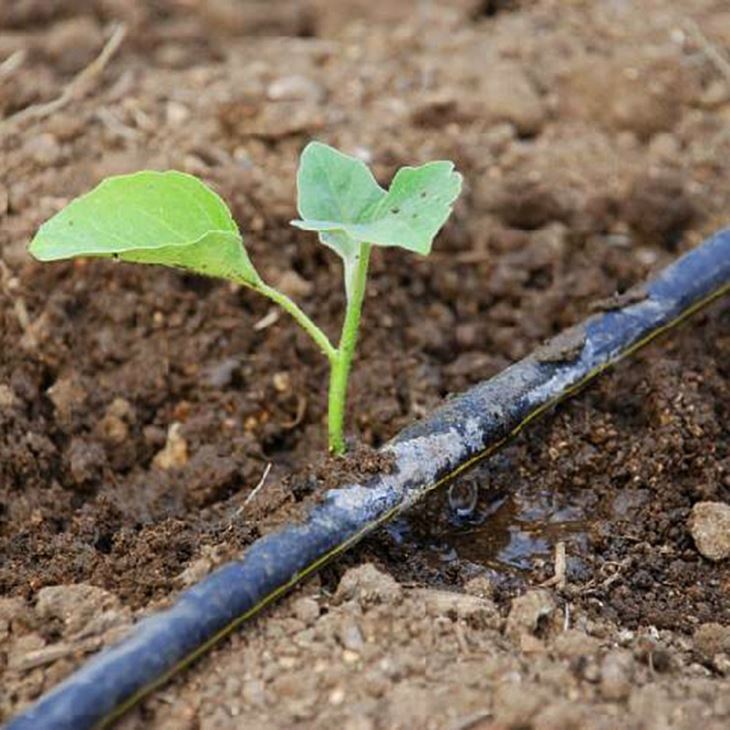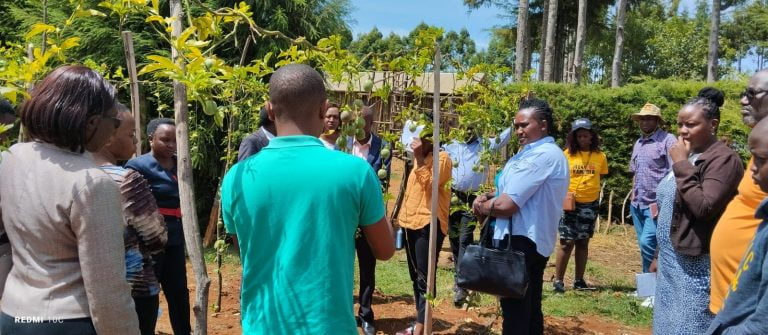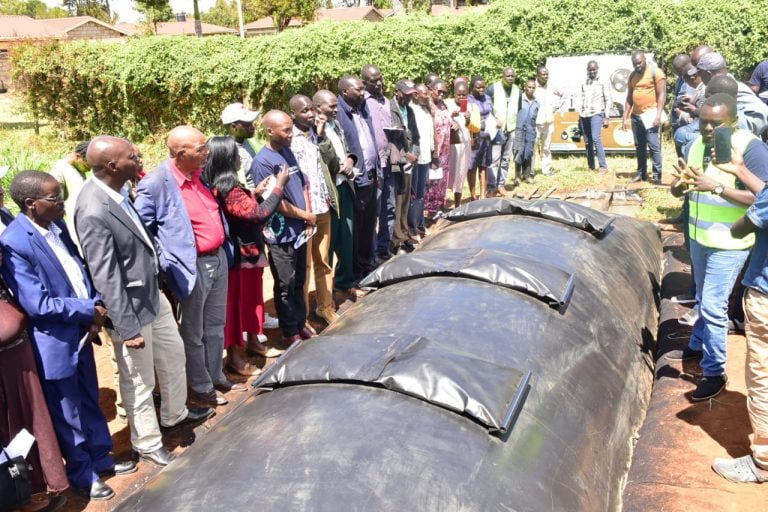The County Government of Uasin Gishu is set to partner with the Kenya National Chamber of Commerce and Industry (KNCCI) to introduce the Mushroom value chain project in the region.
Speaking during a workshop to discuss the project, Uasin Gishu Governor Jonathan Bii Chelilim noted that the value chain will not only increase the income of local farmers but also position Uasin Gishu County as a key player in the mushroom industry. It will also promote agricultural diversification and create new opportunities for economic growth, promote better farming methods and give people in Uasin Gishu job opportunities. Local farmers will also earn more money.
The workshop, attended by various Government top officials served as a platform for mushroom farming experts to share with attendees, the numerous benefits of mushroom cultivation including easy cultivation methods, low capital investment requirements, efficient use of space, and the potential for youth employment opportunities within the sector.
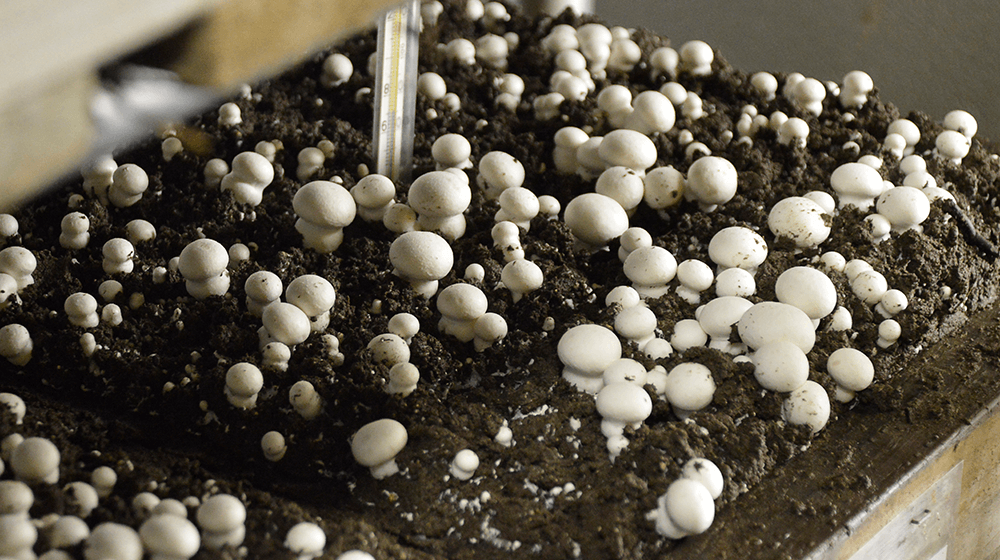
The attendees learnt that mushroom farming can offer a viable and profitable economic opportunity for farmers looking to diversify their income streams while providing several economic benefits like:
- High Market Demand: Mushrooms are considered a nutritious and high-value crop, and there is a growing demand for them in local markets, restaurants, and supermarkets. This presents a lucrative business opportunity for mushroom farmers in Uasin Gishu.
- Quick Returns on Investment: Compared to many other crops, mushrooms have a relatively short growth cycle and can be harvested within a few weeks. This means that farmers can quickly get returns on their investment, leading to a steady income stream.
- Low Capital Investment: Mushroom farming requires relatively low capital investment compared to traditional farming practices. This makes it an attractive option for small-scale farmers who may not have access to large amounts of capital.
- Sustainable Farming Practice: Mushroom farming is considered an eco-friendly agricultural practice as it utilizes organic waste materials such as straw, sawdust, or agricultural by-products like substrate for mushroom growth. This not only reduces waste but also provides an additional source of income for farmers.
- Value Addition and Diversification: Adding mushroom cultivation to traditional crops can help farmers diversify their income sources and add value to their existing farming activities. This can help reduce the risks associated with relying on a single type of crop for income.


